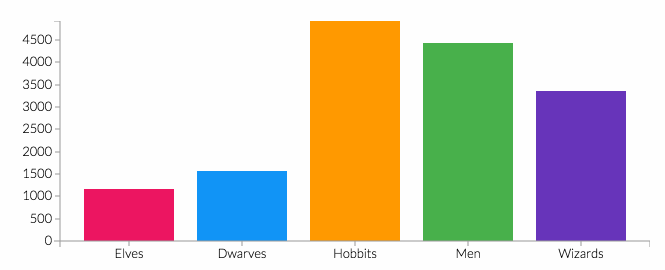Peran Orang Tua Dalam Membentuk Kedisiplinan Anak Usia 5-6 Tahun
DOI:
https://doi.org/10.33853/jm2pi.v3i2.525Keywords:
discipline, the role of parents, early childhood.Abstract
Discipline is a character trait that every student requires. Failure to form this trait can result in students having difficulty in self-management. The purpose of this study was to find out the role of parents in shaping the discipline of their 5-6 years old children, both in the school environment and at home. This research used a descriptive approach with qualitative research methods (field research). The data was collected through observation, interviews, and documentation with a research time of one month. The research subjects were students between 5-6 years old in class B of the Cempaka Putri Curug Tangerang Kindergarten. The data acquired from the parents and students in the form of observations, teacher and parents interview, and documentation. Data analysis carried out inductively with data reduction, data presentation, conclusions, and verification. The data validated through triangulation technique. The result of the study indicate that parents have a critical role and tremendous influence in shaping the children's discipline. Parents, assisted by teachers in school, has a clear impact in forming the children's discipline from their early age that will turn into a practice they will carry into their future.
References
Arianti. (2018). Peranan Guru Dalam Meningkatkan Motivasi Belajar. Didaktika Jurnal Kependidikan, Volume 12.
Badaruddin, A. (2015). Meningkatkan Motivasi Belajar Siswa Melalui Konseling Klasik. Cv Abe Kreatifindo.
Charli, L., Ariani, T., & Asmara, L. (2019). Hubungan Minat Belajar Terhadap Prestasi Belajar Fisika. Spej (Science And Phsics Education Journal), 2, 55.
Dayana, I., & Marbun, J. (2018). Motivasi Kehidupan. Guepedia.Com.
Dwi Cahyono, D., Hamda, M. K., & Prahastiwi, E. D. (2022). Pemikiran Abraham Maslow Tentang Motivasi Dalam Belajar. Pemikiran Keislaman Dan Kemanusiaan, 6, 45.
Hidayat, A. (2021). Menulis Narasi Kreatif Dengan Model Project Based Learning Da Musik Instrumental Teori Dan Praktik Di Sekolah Dasar. Cv Budi Utama.
Isrok’atun, & Rosmala, A. (2018). Model-Model Pembelajran Matematika. Pt Bumi Aksara.
Isti’adah, F. N. (2022). Teori-Teori Belajar Dalam Pendidikan. Edu Publisher.
Jamaludin, D. N. (2017). Pengaruh Pembelajaran Berbasis Proyek Terhadap Kemampuan Berpikir Kritis Dan Sikap Ilmiah Pada Materi Tumbuhan Biji. Genetika (Jurnal Tadris Biologi), 1(1), 19–41.
Nasution, Y. A., Saprida, Yulianda, A., Susilo, E. F., Nasution, A. S., & Sari, M. N. (2022). Konsep Belajar Dan Pembelajaran Di Era 4.0. Perkumpulan Rumah Cemerlang Indonesia.
Nopiyanto, Y. E. Dkk. (2020). Pembelajaran Atletik. Elmarkazi.
Nurfitriyanti, M. (2016). Model Pembelajaran Project Based Learning Terhadap Kemampuan Pemecahan Masalah Matematika. Formatif: Jurnal Ilmiah Pendidikan Mipa, 6(2), 149–160. Https://Doi.Org/10.30998/Formatif.V6i2.950
Octavia, S. A. (2020). Model-Model Pembelajaran. Cv Budi Utama.
Parnawi, A. (2019). Psikologi Belajar. Cv Budi Utama.
Trygu. (2020). Motivasi Dalam Belajar Matematika. Guepedia.Com





